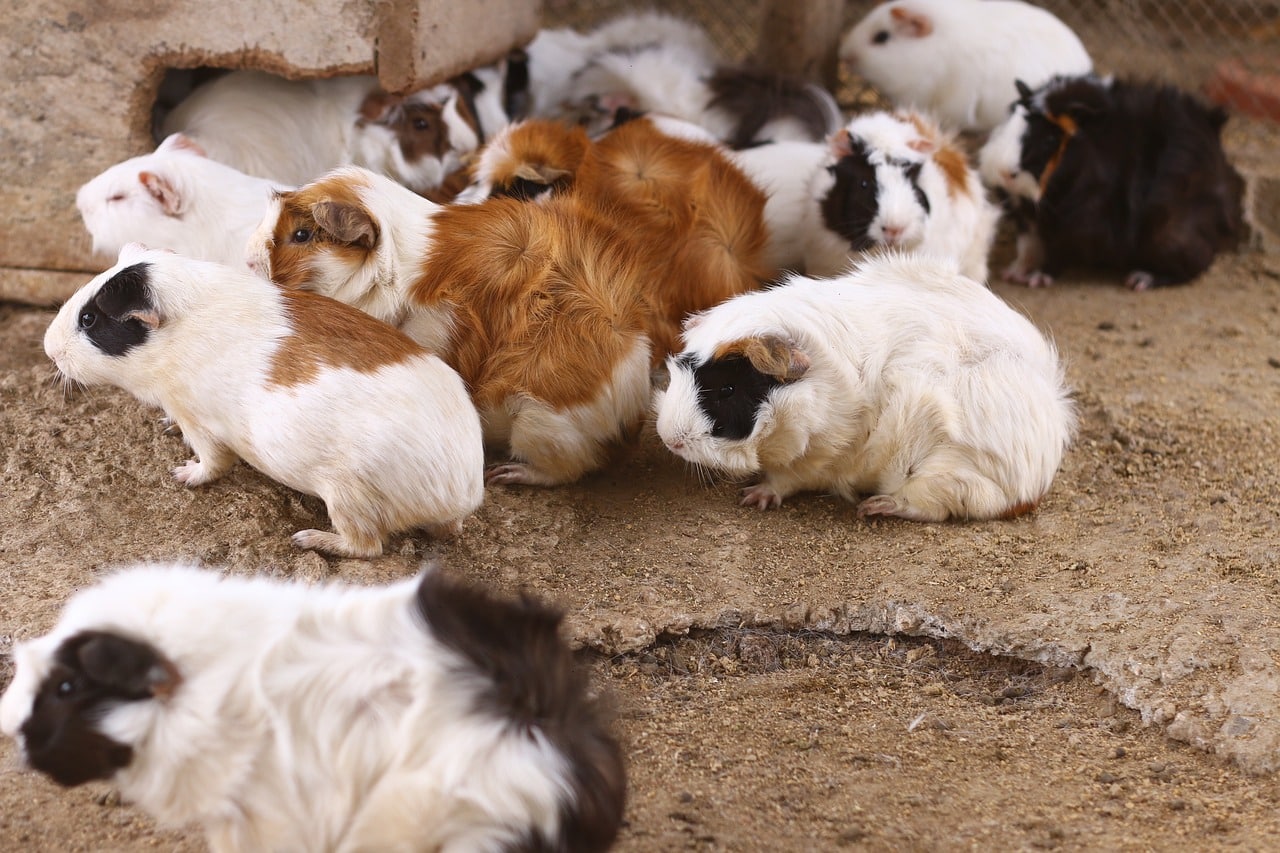What Are the Common Health Concerns for Senior Hamsters?

Hamsters are truly delightful creatures. Their small, fluffy bodies and inquisitive eyes make them an adorable pet to have in any household. However, as these pets enter their senior years, it becomes crucial for pet owners to pay extra attention to their health. This article will delve into the common health concerns for senior hamsters, including signs of disease, ways to ensure proper care, and the role of food, cage hygiene, and treatment in their well-being.
Senior Hamsters: Understanding Their Health Needs
As hamsters age, they are more prone to a variety of health issues. The first step towards ensuring the well-being of your little friend is understanding their health needs. Similar to humans, senior hamsters require a little extra tender loving care. Their immune system is not as strong, making them more prone to diseases and infections.
Also to read : How to Train a Dog to Be Comfortable with Grooming?
Hair loss is one of the most common signs of aging in hamsters. This can be due to various reasons such as skin conditions, stress, or simply old age. If you notice excessive hair loss in your hamster, it’s a good idea to consult your vet. They might prescribe supplements or recommend changes in the diet to regenerate fur growth.
Skin Conditions in Senior Hamsters
Skin conditions are another common concern in older hamsters. These can occur due to various reasons including poor cage hygiene, allergies, or even mites.
Also to see : How to Safely Integrate a Dog into a Cat-Dominant Household?
If you notice that your hamster’s skin is excessively dry, itchy, or has red patches, your pet may be suffering from a skin condition. Keeping the cage clean and ensuring your pet has a balanced diet can help in preventing skin diseases. But, if the condition persists, it’s crucial to seek professional help. Your vet might prescribe ointments or treatments to soothe the skin condition.
Common Diseases in Senior Hamsters
With old age, hamsters are more susceptible to diseases. The most common among them include diabetes, heart disease, and kidney disease.
Diabetes is quite common in Syrian hamsters and can lead to weight loss, excessive thirst, and frequent urination. Heart disease can cause breathing difficulties and lethargy, whereas kidney disease often leads to weight loss and decreased appetite. Regular visits to the vet will help diagnose these diseases at an early stage and begin appropriate treatment.
Importance of a Balanced Diet
A balanced diet plays a crucial role in the overall well-being of senior hamsters. As their metabolism slows down, they require a diet low in fat and high in fiber.
Providing fresh vegetables and fruits can ensure they receive the necessary vitamins and minerals. However, remember to introduce these slowly into their diet to avoid digestive issues. Also, keep a constant supply of fresh water in their cage.
While it’s tempting to treat your pet to an extra serving of their favorite food, overfeeding can lead to obesity and other health issues. So, it’s important to monitor their food intake.
Cage Hygiene and Its Role in Preventing Infections
Lastly, maintaining proper cage hygiene is crucial in preventing infections. Hamsters are relatively clean animals, and an unclean cage can cause stress, leading to various health problems.
Regular cleaning of the cage, changing the bedding, and providing fresh food and water can go a long way in ensuring your hamster’s good health. If your pet seems uncomfortable or shows signs of illness despite a clean cage, it’s best to seek a vet’s advice promptly.
As a pet owner, it’s your responsibility to ensure your hamster leads a comfortable and healthy life in their golden years. By understanding their health needs and providing the necessary care, you can ensure they continue to bring joy and companionship into your life.
The Prevalence of Wet Tail and Proliferative Ileitis in Senior Hamsters
Wet tail, also known as proliferative ileitis, is a severe gastrointestinal disease that is observed mostly in young hamsters but can affect older hamsters as well. The disease gets its common name from the wetness around the tail area caused by severe diarrhea.
In senior hamsters, this disease can be particularly challenging to manage due to their already weakened immune system. The clinical signs of this disease include loss of appetite, lethargy, hunched posture, and severe diarrhea. If you notice these symptoms, it’s vital to consult with a vet immediately as untreated wet tail can be fatal.
While the exact cause of wet tail is unknown, it is believed that stress, poor diet, and unsanitary living conditions can trigger the condition. Regular cleaning of the hamster cage is crucial to prevent this disease. Providing a balanced diet, including fresh fruits and vegetables, can also keep your hamster’s digestive system healthy and reduce their risk of developing wet tail.
Cheek Pouch Problems in Senior Hamsters
One unique feature that sets hamsters apart from other pets like guinea pigs, rats, or mice is their cheek pouches. Hamsters use these pouches to store food and nesting materials, but problems can arise if food gets trapped or the pouches get infected.
In senior hamsters, cheek pouch issues can become more prevalent as their immune system is weakened. Signs that your hamster might be having cheek pouch issues include swelling on one or both sides of the face, difficulty eating, and weight loss.
If you suspect that your hamster is suffering from cheek pouch problems, a visit to the vet should be your immediate course of action. The vet might need to flush the pouches or, in severe cases, surgically remove the impacted material.
Conclusion: Ensuring a Healthy Life for Your Senior Hamster
In conclusion, owning a senior hamster requires a bit more attention and care due to their susceptibility to various health issues. Regularly monitor your pet for any signs of hair loss, skin conditions, weight loss, and other health issues. Regular visits to the vet are also essential for early detection and treatment of diseases.
Maintaining a clean hamster cage and providing a balanced diet are two simple yet effective ways to promote good hamster health. And remember, if your pet shows any signs of illness, it’s always best to consult with a vet promptly.
Senior hamsters, whether they’re Syrian hamsters or any other breed, deserve the utmost care and love in their golden years. By being attentive to their needs, you can ensure that your beloved pet continues to bring joy and companionship into your life. So, always keep an open separate window for their needs in your daily routines and let your love for them guide you in providing the best care possible.
